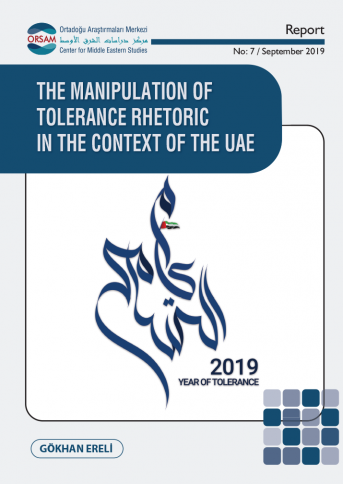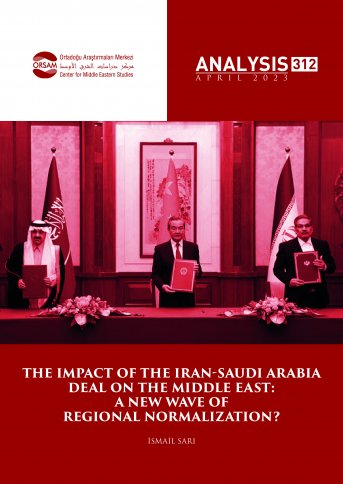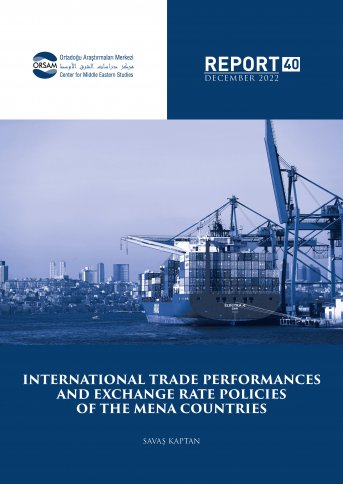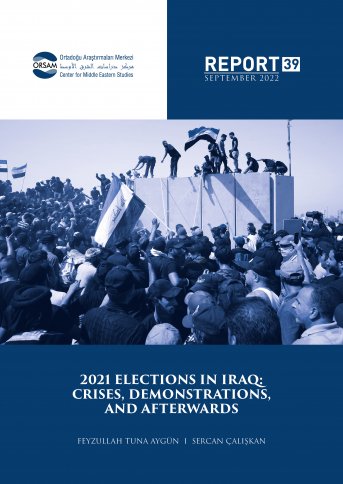
The Manipulation of Tolerance Rhetoric in the Context of the UAE
This report seeks to analyze religious intolerance in the contemporary United Arab Emirates (UAE). Religious intolerance is part of the broader concept of tolerance. It means that the wider literature from which this paper has drawn is that of “tolerance.” The core argument of this article is that the contemporary UAE authorities have maintained that the UAE is a tolerant country. However, practices of religious tolerance in the UAE have demonstrated that this claim is inaccurate. The practices covered in this article have included governmental applications of the of religious intolerance, discouraging freedom of worship, and restrictions on freedom of religion. The core argument that the UAE lacks religious tolerance is explained in three stages in this article.
In the first stage, this article examines the internationally recognized definitions of the broader concept of tolerance. Since tolerance is not a concept that must be exclusively associated with religion per se, the broader concept of tolerance ought to be addressed comprehensively so that the comprehension of religious tolerance could be both sustained and enhanced. Embodying a universal outlook since its founding in 1945, the United Nations (UN) has defined what tolerance ought to signify. The decision to affiliate the international definition of tolerance with that of the UN’s definition is illuminated in the related section.
Further in the first stage, along with the internationally recognized definition of the UN, this article will provide the reader with the definition of tolerance by the UAE authorities, which is more rooted in a sense of obligation and prolongation of the legacy of the Founding Father of the UAE, Zayed bin Sultan al-Nahyan. The differences and similarities between the internationally recognized definition and the UAE’s definition are to be underlined, too.
In the second stage, the article will focus on the institutionalization of tolerance rhetoric by the UAE authorities by means of establishing a Ministry of Tolerance,3 convening related conferences, being a party to regional and international declarations on tolerance and holding other events helping the authorities to institutionalize tolerance rhetoric. As will be seen, it is necessary to underline this because the UAE is home to people from more than two hundred nationalities and is home to people adhering to an ever-increasing number of religions, it seems reasonable that the concept of tolerance has been expanded by attaching it to religious cores and roots which are taken to be the fundamental bases of tolerance itself








